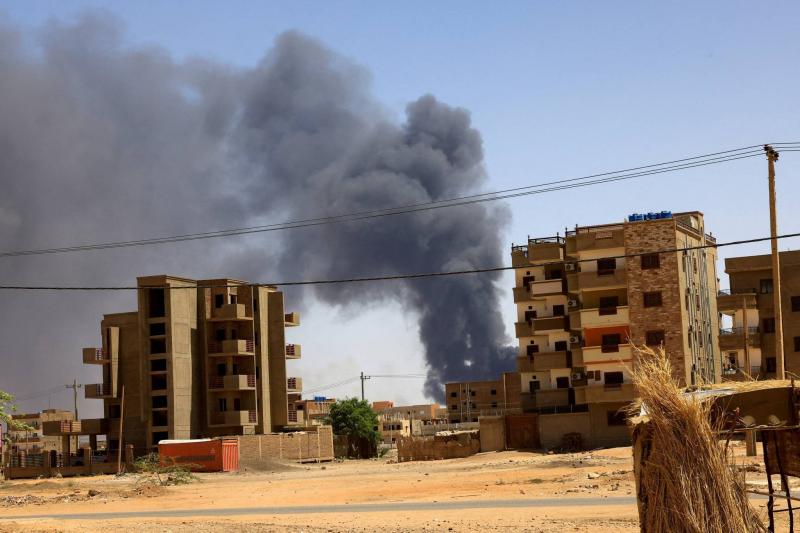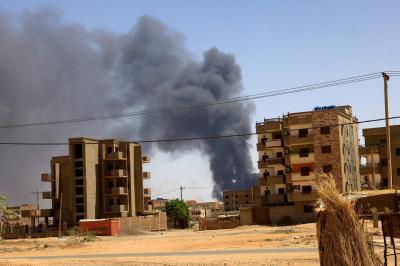The United Nations Human Rights Office announced the discovery of at least 87 bodies from the Masalit ethnic group in a mass grave in Western Darfur, Sudan. The Human Rights Office confirmed in a statement that it has credible information that the Rapid Support Forces and their allies "killed those buried in the mass grave."
The statement indicated that local residents had to dispose of the bodies, some of which belonged to women and children, in an open area near the city of Geneina in the western part of the country between June 20 and 21. The office noted that some individuals died from untreated wounds during a wave of violence perpetrated by the Rapid Support Forces and allied groups in the days following the killing of West Darfur Governor Khamis Abkar.
For its part, the paramilitary Rapid Support Forces denied any connection to the case, asserting that it was not a party to the conflict in West Darfur. A senior official from the Rapid Support Forces stated, "We categorically deny our connection to the events in West Darfur because we are not involved, and we did not intervene as the conflict was originally tribal."
UN High Commissioner for Human Rights Volker Turk condemned in the strongest terms the killing of civilians and those unable to fight, expressing horror at the cruel and degrading treatment of the deceased and their families and communities.
On another front, the Sudanese army carried out airstrikes in Khartoum today amid heavy smoke rising in the city center. The area southeast of Khartoum witnessed explosions and sporadic gunfire yesterday alongside the flight of a military aircraft.
Additionally, the Sudanese government rejected the deployment of any foreign troops in the country, considering any force that enters Sudan as an aggressor. Khartoum also criticized statements made by the Kenyan president and the Ethiopian prime minister during the "IGAD" summit, in which they called for a new leadership and spoke of a political vacuum and a no-fly zone in Sudan.
The Sudanese government indicated that these statements undermine the sovereignty of the state. Military spokesperson Brigadier General Nabil Abdullah told Reuters, "What the militia did in Geneina amounts to war crimes, and these crimes should not go unpunished. We affirm that this rebel militia is not against the army but against the Sudanese citizen; the militia's project is a racist project and a project of ethnic cleansing."
On the humanitarian front, the Sudanese Ministry of Health reported 34 deaths in a market in Omdurman due to "indiscriminate shelling," noting that most of the victims were market traders and transport operators. Clashes in Sudan have continued since they erupted on April 15 between army units led by Abdel Fattah al-Burhan and the Rapid Support Forces led by Mohamed Hamdan Dagalo, with no signs of de-escalation.




